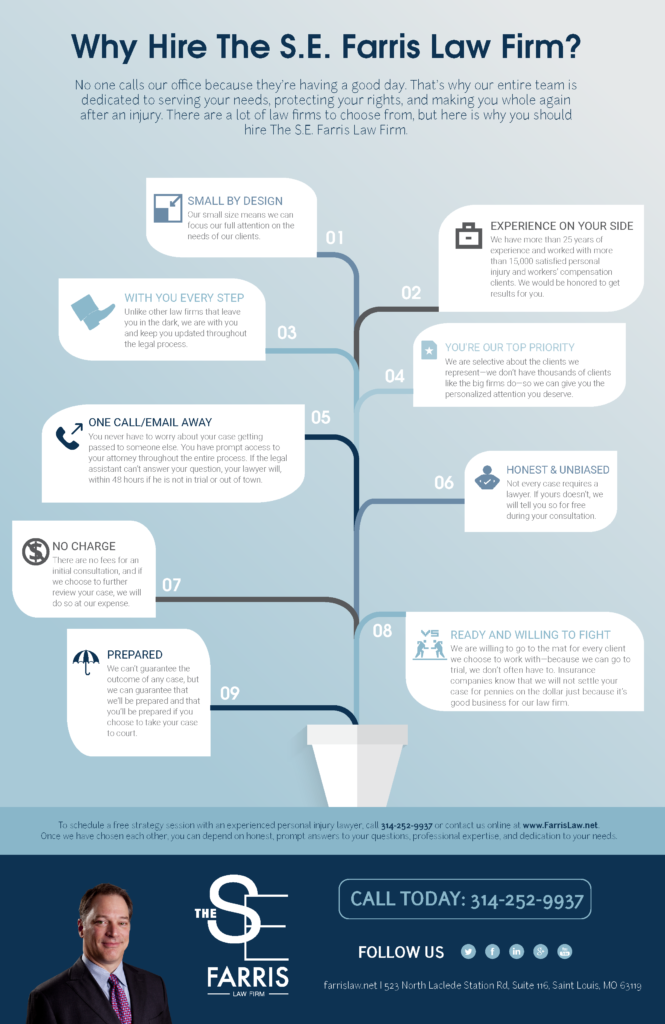Landlord-Tenant Law: A Real Estate Legal Representative'S Guide
Landlord-Tenant Law: A Real Estate Legal Representative'S Guide
Blog Article
Web Content By-Wilkins Richmond
When it involves landlord-tenant law, recognizing your legal rights and duties is critical for both celebrations. You could believe you have a strong grasp on the fundamentals, yet there are frequently nuances that can capture you unsuspecting. Whether https://www.cnbc.com/2022/06/12/millennials-and-gen-zers-want-to-buy-homes-but-they-cant-afford-it.html 're a property manager managing a residential or commercial property or a lessee seeking a stable home, understanding the legal landscape can make all the distinction. What might stun you are the intricacies involved in browsing conflicts and expulsion processes.
Recognizing Tenant Legal Rights and Responsibilities
When you rent out a home, it's important to recognize your civil liberties and duties as a tenant. You deserve to a safe and habitable living environment, meaning your proprietor should preserve important solutions like heating, pipes, and electricity.
You're likewise qualified to personal privacy; property owners usually require to offer notice before entering your device.
On visit the up coming webpage , you are accountable for paying rental fee on schedule, keeping the residential or commercial property tidy, and not causing damages beyond regular wear and tear.
Acquaint on your own with your lease contract, as it outlines certain rules and responsibilities. Recognizing these elements not just safeguards you yet also promotes a positive partnership with your property owner.
Keep notified, and you'll navigate your occupancy better.
Key Property Manager Responsibilities and Legal Factors To Consider
While you might recognize your rights as a tenant, it's equally essential to understand your property manager's responsibilities.
https://blogfreely.net/dori50robt/what-questions-should-i-posture-to-my-property-attorney must offer a secure and habitable living environment, making certain that crucial systems like home heating, pipes, and power remain in functioning order. They're likewise in charge of making necessary repairs without delay and adhering to neighborhood building codes.
Additionally, proprietors need to respect your privacy by providing proper notice before entering your unit, typically 24-hour. They need to deal with down payment according to state regulations, including returning them without delay after you leave, minus any kind of legal deductions.
Understanding these responsibilities can help you maintain a favorable partnership with your property manager and guarantee your living scenario fulfills legal criteria.
Browsing Disagreements and Eviction Procedures
Disputes in between property owners and lessees can develop unexpectedly, making it vital for you to understand the processes involved in resolving them.
First, interaction is vital-- try to review concerns straight to locate a concession. If that falls short, familiarize on your own with your neighborhood legislations pertaining to conflicts and eviction. File whatever: maintain records of interactions, settlements, and any kind of offenses.
If eviction ends up being needed, guarantee you adhere to the lawful actions required in your area, which typically includes offering written notice and a certain timeframe for resolution.
Be prepared to head to court if the situation intensifies, as it may be your only recourse. Comprehending these procedures will certainly assist you browse disagreements better and secure your rights as either a property manager or lessee.
Verdict
In recap, comprehending landlord-tenant legislation is essential for both events involved in a rental contract. By knowing your civil liberties and obligations, you can promote a better living setting and prevent conflicts. If disputes emerge, bear in mind that a real estate lawyer can assist assist you via the intricacies of expulsion procedures and legal responsibilities. Staying notified and aggressive will make sure a smoother rental experience, whether you're a landlord or an occupant.
